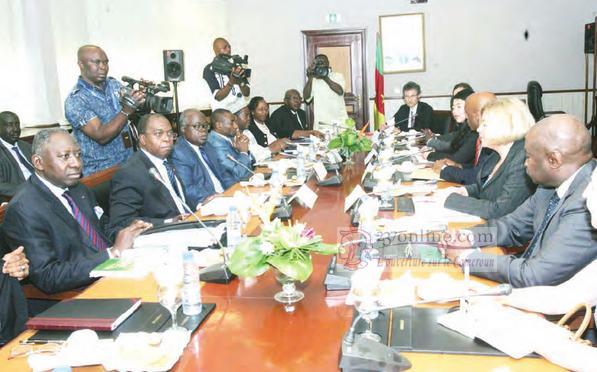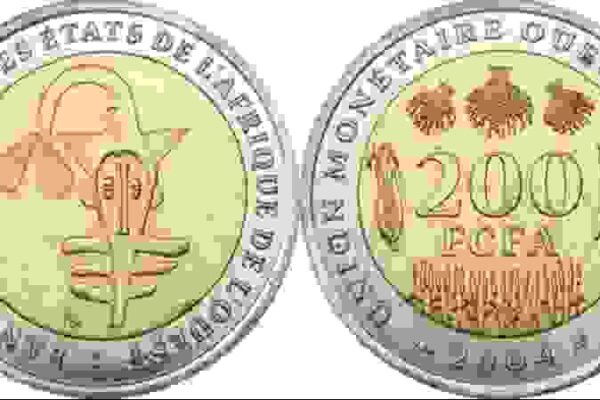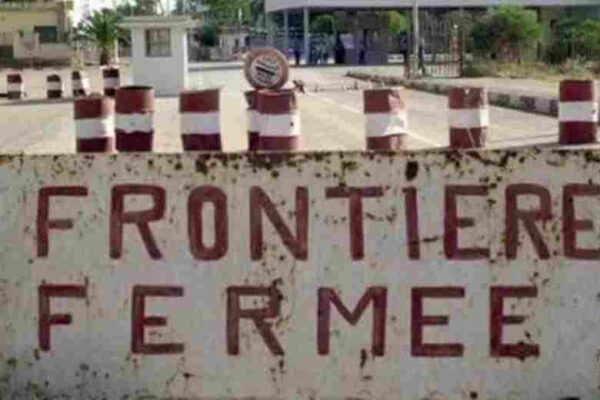The International Monetary Fund, IMF has graded Cameroon with a pass mark at the end of its team’s fourth review mission to the country but insisted that a lot is still to be done concerning budget discipline in order to improve the financial sphere and generate more wealth for job creation.
Speaking at the restitution working session at the cabinet of the ministry of finance last May 2, 2019, the IMF delegation head, Corinne Delechat while thanking Cameroonian authorities for “their hospitality, cooperation, and constructive dialogue,” noted that “Overall, economic growth is estimated to have reached 4 percent in 2018, from 3.5 percent in 2017, mostly owing to a lower contraction in the oil and gas sector than anticipated.
Non-oil activity is estimated to have remained robust at 4.4 percent in 2018, driven by projects related to the African Cup of Nations (CAN), strong external demand for forestry products and expanding financial services.
Inflation remains low but is trending up from 0.8 percent in 2017 to 2.3 percent in March 2019 mainly owing to higher food prices and with strong regional variations.
Budget execution in 2018 was broadly as envisaged under the program, but with stronger-than-envisaged revenue mobilization and higher expenditures, notably on public investment.
In spite of ample financing, government net deposits at the BEAC declined by 0.5 percent of GDP as the authorities made large payments during the last quarter on unexecuted payment orders of previous years.
Structural reforms are moving ahead, albeit with slower progress on already-delayed structural benchmarks in the financial sector.”
The report warns African countries of too much dependence on natural resources without diversifying economies so as to be resilient to external shocks.
Talking to reporters after the presentation of Sub Saharan economic perspectives, Finance Minister, Louis Paul Motaze said “The presentation made today by the IMF about Cameroon and Africa is very interesting because it has helped us to see the problems which we have to address.
The situation of our country indicates that even if diversification is stronger than in other countries, we still have a lot to do in order to collect more revenue not only oil but fiscal, customs revenue etc and to enter into what we call consolidation.
IMF statement explains that “The authorities are reprofiling the 2019 budget to take into account higher projected revenue and fully incorporate spending needs related to the forthcoming elections and fuel subsidies, while keeping the overall deficit anchored at 2 percent of GDP.
The revised budget also allows for accelerated implementation of ongoing foreign-financed investment projects based on a well-prioritized disbursement plan. In turn, higher external financing will allow the rebuilding of fiscal buffers and payment of the expenditure float accumulated at end-2018. The authorities continue to strengthen transparency and controls in budget implementation.
Resort to exceptional spending procedures will decline and a decree establishing a budget calendar including a reduction of the complementary period to one month will be adopted.
The laws transposing the four remaining CEMAC Directives on public financial management are being finalized.”




